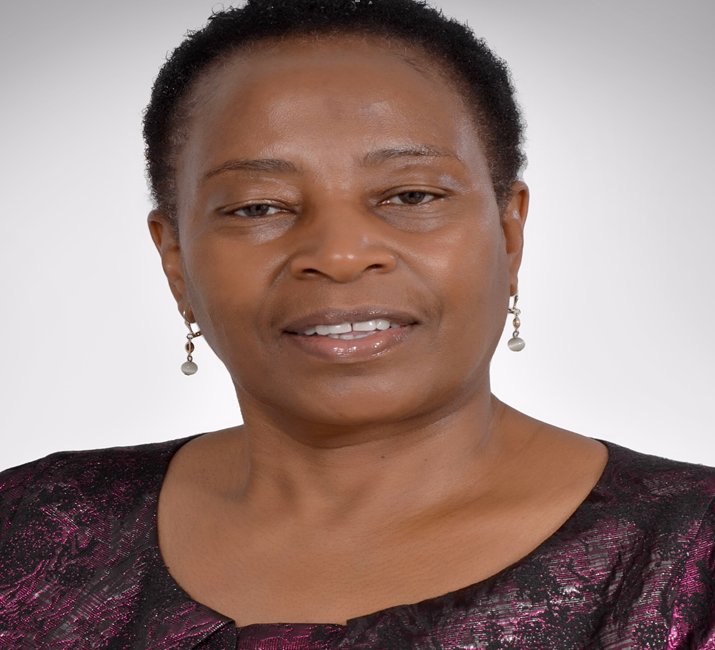×
The Standard e-Paper
Smart Minds Choose Us

“Peace is not the absence of conflict, it is the ability to handle conflicts by peaceful means”- Ronald Regan.
Every relationship has differences since we are all unique. The different values, worldview, interests and priorities in relationships create potential sources of conflicts.







